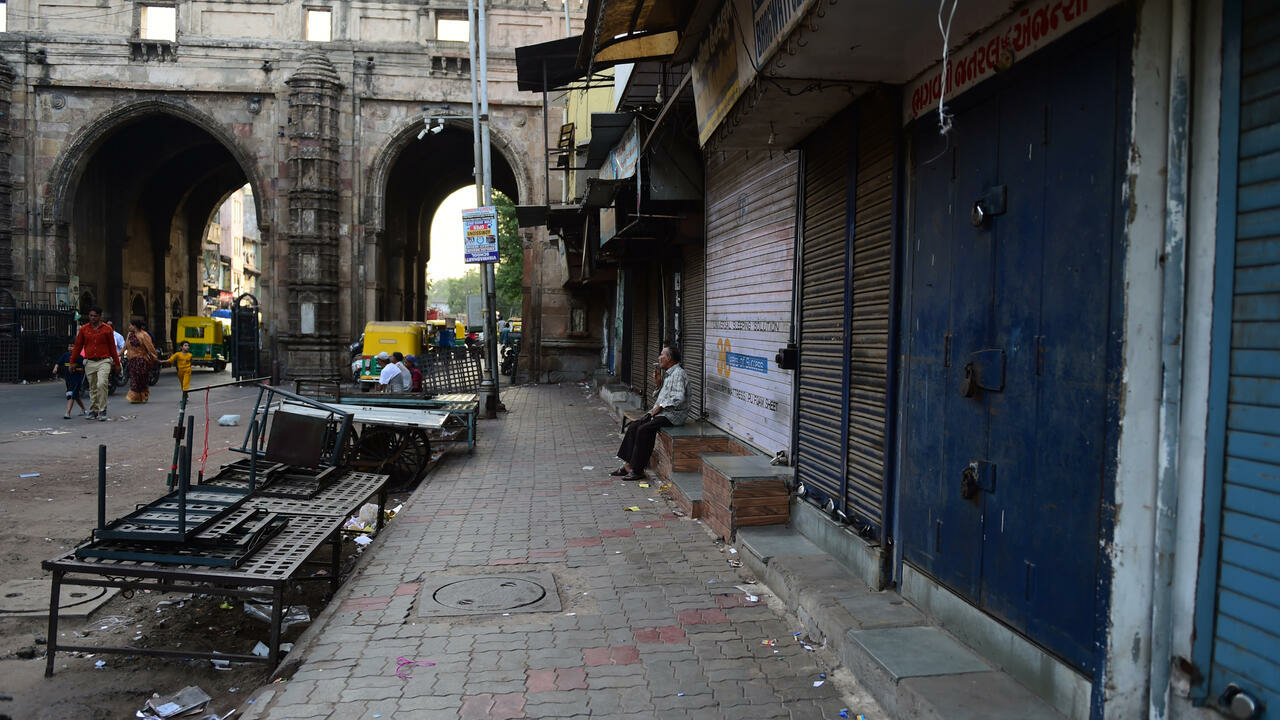
Islamabad, Pakistan:
Pakistan is on the brink of an economic disaster with hardly USD 8 billion in foreign exchange reserves; a trade deficit of USD 50 billion; inflation at 18 per cent, exports of a meagre USD 32 billion and the dollar reaching nearly 245 along with fuel, gas, electricity, food, and medicines price hikes, reported The Express Tribune.
The thin line between failing and failed states can be crossed when the elites who wield power are in denial and disregard the crisis faced by the country.
Pakistan, which is home to nearly 220 million people, a nuclear state, and holds geo-strategic power transformed into an economically fragile and politically unstable state.
The erosion of work ethics, corruption, nepotism, bad governance, and the absence of rule of law contributed to the worsening of the economic predicament, reported The Express Tribune.
Should the elites be held responsible for derailing the economy, governance, and politics of Pakistan? Does the public deserve equal blame for societal degeneration? There appears to be a gap in the problems of the elite and the rest of the population.
Today, many developing countries that gained independence after Pakistan are better off in terms of economy, governance, politics, and rule of law. Even countries like Malaysia and Singapore, which were backward, and poor are now better off.
Bangladesh is now much better off than Pakistan because of its economic performance. Unfortunately for Pakistan, it seems that there is no light at the end of the tunnel because the elites remain indifferent to the real issues whilst the masses lack both awareness and capability to rally against the corrupt elites.
Nearly ten million overseas Pakistanis send more than 30 billion dollars to Pakistan annually. They are growing frustrated with the irresponsible and imprudent attitude of elites who have taken them for granted and are not interested in sacrificing their perks, privileges, and benefits for saving the present and future of Pakistan, reported The Express Tribune.
The elites of Pakistan are not committed to the betterment of their country, the elite and popular perceptions on major national issues i.e., economics, politics, and governance contradict one another.
Rampant price hikes of essential commodities including fuel, gas and electricity are affecting 98 per cent of the people. Only the privileged class, which is a small proportion of the population is least concerned about the dangerous impending situation.
The government claims to have raised the prices of utilities per the International Monetary Fund (IMF) deal. However, this is raising concerns over an economic default, and acute shortages of petroleum products, electricity, gas, and food items.
The elites controlling the financial institutions of Pakistan are unable to redeem the consequences of price hikes and instead take superficial measures to give relief to the poor.
Moreover, Pakistani elites have established their safe havens abroad and are least bothered about the country’s economic collapse.
Here it is worth considering the failure of the masses to take a firm position against the elites who have driven the country towards economic collapse and subsequent default. When the masses are just as indifferent as the elites, the outcome is bound to be destructive with far-reaching consequences.
The masses have failed to challenge the feudal culture, authoritarian mindset, and corrupt system and instead accepted the unbearable economic conditions.
Finally, the elites wielding power will be held responsible and accountable if Pakistan becomes a failed state in the domestic and foreign policy arena, said The Express Tribune.






